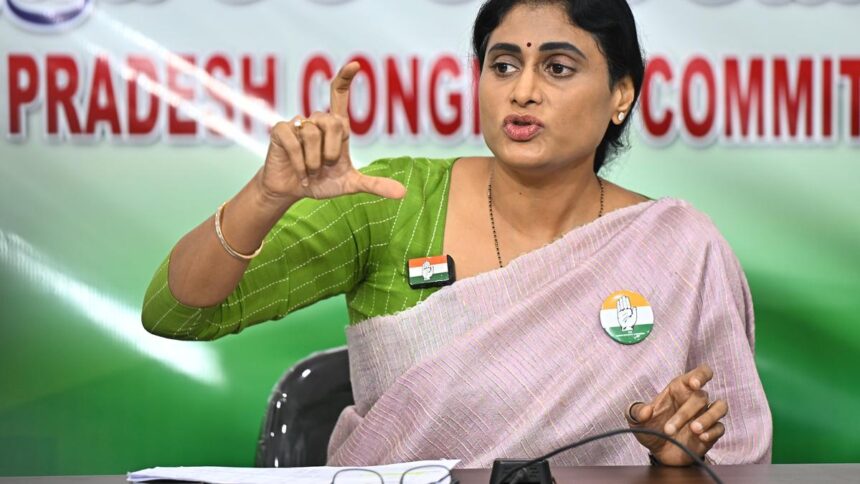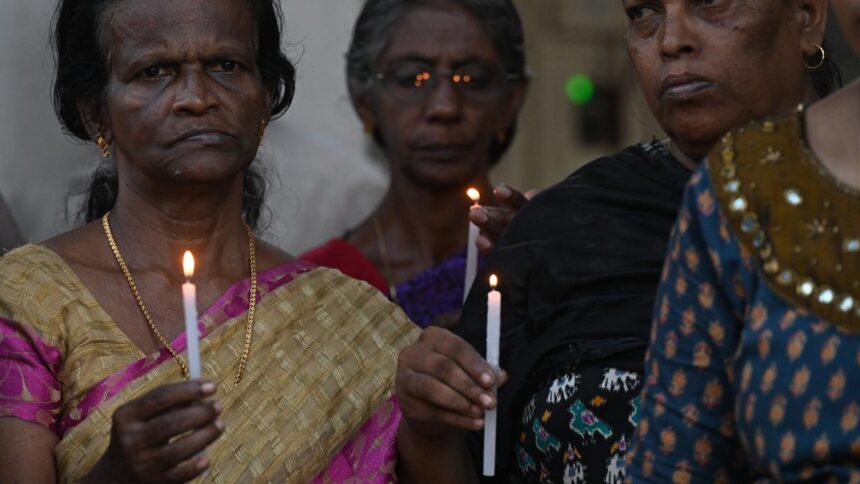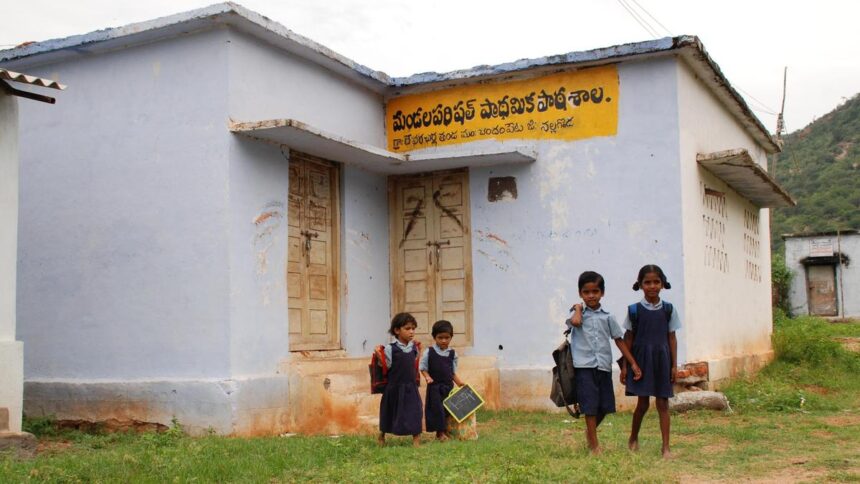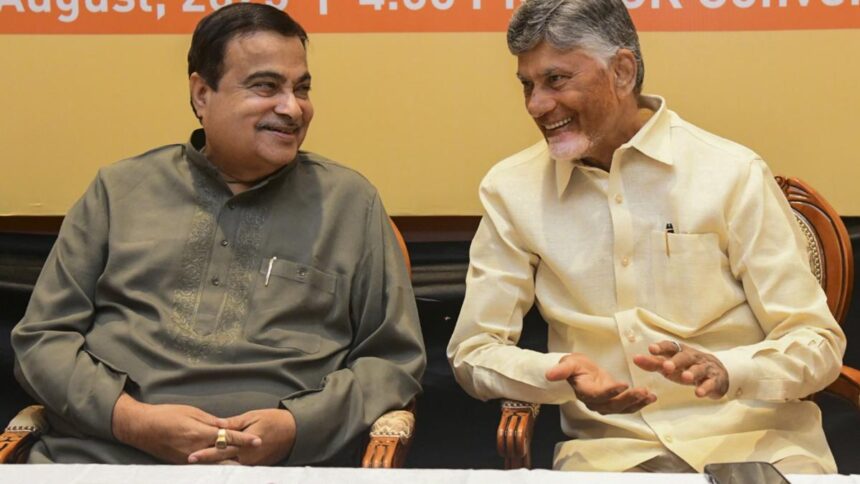The State government directed the Chairman of the Tamil Nadu Uniformed Services Recruitment Board (TNUSRB) to conduct a common examination for both 20 per cent departmental and 80 per cent open candidates in the direct recruitment of Sub-Inspector of Police henceforth.
The State government also issued fresh procedures to be adopted by the TNUSRB in the common recruitment to the post of Sub-Inspector of Police (Taluk/Armed Reserve/Tamil Nadu Special Police). The decision for a common examination for both in-service personnel and open candidates followed a judgment of the Supreme Court.
As per the new procedure, the age limit for departmental and ex-servicemen candidates is 47 years but for open candidates it would between 20 years and 35 years depending on their community, gender (transperson) and for destitutes and widows. . Departmental and ex-servicemen candidates would also be exempted from physical measurement test.
However, educational qualification, written examination, endurance test, physical efficiency test, special marks (sports, NCC, NSS) and viva-voce would be same both for in-service candidates as well as open candidates.
Earlier, 20 per cent of the vacancies were reserved for in-service personnel (police constables and head constables in category-I and their equivalent in armed reserve and special police force) to encourage them to enhance their efficiency and educational qualification for early promotion as Sub-Inspectors of Police.
The inter-se seniority of these candidates selected under this quota was placed above direct recruits selected from open quota in the same year. Since they were not notified in the Government Gazette, petitions were moved before the Madras High Court seeking to quash the amendments.
Aggrieved by the order of the Madras High Court in 2020, petitioners moved a Special Leave Petition in the Supreme Court. The apex court had, in May this year, quashed the relevant orders and struck down the amendments made that were violative of Articles 14, 16 and 21 of the Constitution. It further issued specific directions.
Published – August 22, 2025 10:03 pm IST



















